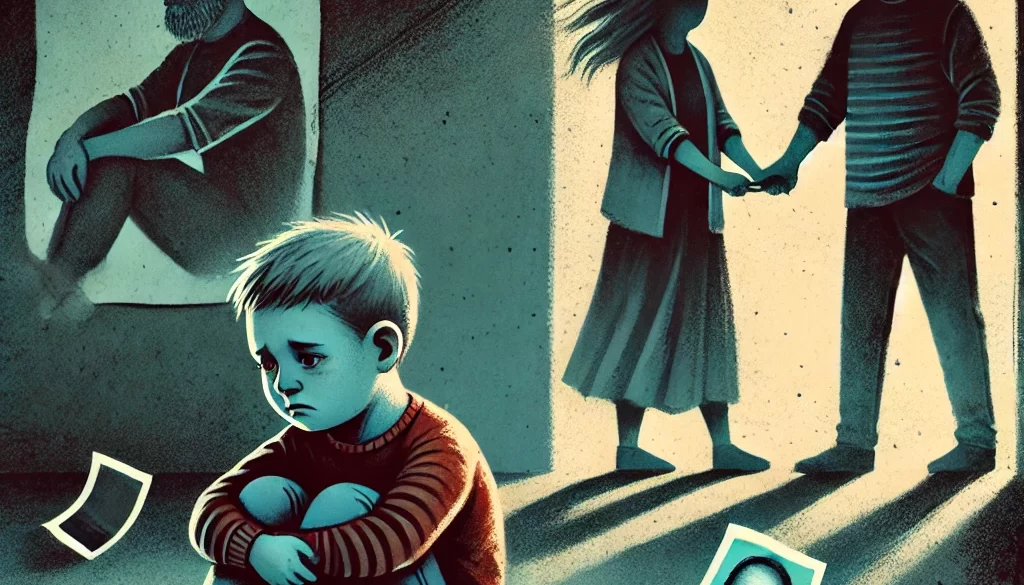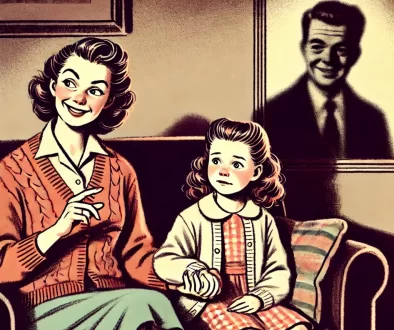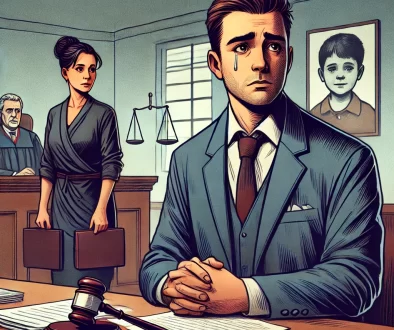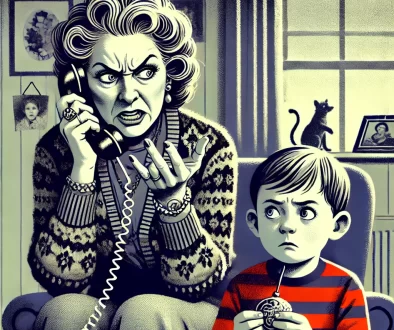Is Parental Alienation Child Abuse?
Parental alienation, a process where one parent manipulates a child to reject or fear the other parent without justification, is a deeply harmful dynamic that affects millions of families worldwide. While it is not always legally classified as child abuse, many experts argue that the emotional and psychological damage it causes is a form of abuse. This article explores the nature of parental alienation, its effects on children, and the growing recognition of its abusive characteristics.
Understanding Parental Alienation
Parental alienation occurs when one parent uses tactics to undermine the relationship between the child and the other parent. These tactics may include:
- Negative Comments: Speaking poorly about the targeted parent in the child’s presence.
- False Allegations: Accusing the targeted parent of abuse or neglect without evidence.
- Guilt and Manipulation: Pressuring the child to choose sides or feel guilty for maintaining a relationship with the other parent.
- Withholding Access: Limiting the child’s time with the targeted parent.
These behaviors create loyalty conflicts, leaving the child feeling torn and emotionally distressed.
How Parental Alienation Affects Children
Parental alienation has long-term consequences for children, including:
1. Emotional and Psychological Harm
- Alienated children often experience anxiety, depression, low self-esteem, and a diminished sense of self-worth.
- Being forced to reject a parent can create feelings of guilt, confusion, and divided loyalties.
2. Impaired Relationships
- Alienation deprives children of a loving relationship with one parent, which can lead to trust issues and difficulty forming healthy relationships later in life.
- It also distorts the child’s perception of family and undermines their ability to resolve conflicts.
3. Developmental Delays
- Alienation can interfere with a child’s emotional and social development, leaving lasting scars that affect their mental health and interpersonal skills.
4. Generational Cycles
- Alienated children may carry unresolved trauma into adulthood, perpetuating patterns of alienation or conflict in their own families.
Is Parental Alienation Legally Recognized as Child Abuse?
The classification of parental alienation as child abuse varies by jurisdiction and remains a subject of debate:
Arguments for Recognizing It as Child Abuse
- Emotional Abuse: Parental alienation manipulates a child’s emotions, eroding their sense of stability, security, and trust.
- Psychological Manipulation: Alienation forces children to adopt a distorted view of reality, often causing long-term mental health issues.
- Violation of the Child’s Rights: Alienation deprives children of their right to maintain relationships with both parents, a principle recognized in many family law systems.
Legal Perspectives
- Some courts have begun to recognize parental alienation as a form of abuse, particularly when it leads to demonstrable harm to the child’s well-being.
- In severe cases, courts may modify custody arrangements, mandate therapy, or impose penalties on the alienating parent.
However, parental alienation is not universally classified as abuse, and its recognition often depends on the discretion of individual judges and the availability of expert testimony.
Why Parental Alienation Is Hard to Address Legally
1. Lack of Awareness
Many judges, attorneys, and mental health professionals are not fully trained to recognize or address parental alienation.
2. Complexity of Evidence
Proving alienation requires detailed documentation, expert evaluations, and often the testimony of the child. Alienating parents can be skilled at hiding their behaviors, making it difficult to establish a clear case.
3. Misuse of the Term
In some custody disputes, accusations of parental alienation can be weaponized by parents to deflect from their own shortcomings, muddying the waters for legitimate cases.
Parental Alienation as Emotional Abuse: Expert Opinions
Leading experts in psychology and family law increasingly view parental alienation as a form of emotional abuse:
- The American Psychological Association recognizes the emotional harm caused by alienation and its potential to result in lasting trauma for children.
- The United Nations Convention on the Rights of the Child highlights the importance of preserving a child’s relationship with both parents, indirectly aligning with the principles of preventing alienation.
Studies have shown that children subjected to parental alienation display similar psychological effects as those who experience other forms of abuse, including neglect and verbal mistreatment.
How to Address Parental Alienation
1. Early Intervention
Recognizing and addressing alienation early can prevent long-term harm. Parents, teachers, and family court professionals should be educated on its signs and effects.
2. Therapy and Reunification
Family therapy and reunification programs can help repair the parent-child relationship and mitigate the damage caused by alienation.
3. Legal Reforms
Advocates call for:
- Clearer legal definitions of parental alienation as emotional abuse.
- Mandatory training for family court professionals on how to identify and address alienation.
- Greater enforcement of custody agreements to ensure children have access to both parents.
4. Awareness Campaigns
Public awareness campaigns can educate parents and professionals about the harms of alienation and encourage collaborative co-parenting.
Conclusion
While parental alienation is not universally recognized as child abuse, its effects on children are undeniably damaging. The psychological manipulation and emotional harm it causes fit many definitions of abuse, and experts increasingly advocate for its recognition as such. Addressing parental alienation requires a multi-faceted approach, combining legal, therapeutic, and educational efforts to protect children’s well-being and preserve their relationships with both parents. Recognizing it as abuse is a critical step toward ensuring that no child is subjected to the pain of being torn from a loving parent.
I’m Randy Morano—a father, author, and staunch advocate for parental alienation awareness. My journey through the depths of parental alienation has transformed me into a passionate advocate, dedicated to shedding light on this overlooked form of emotional abuse.
As a survivor, I understand the profound impact of parental alienation firsthand. Through my writing and advocacy efforts, I aim to raise awareness, empower others, and provide support to families in need. Join me in the fight for change and hope.



